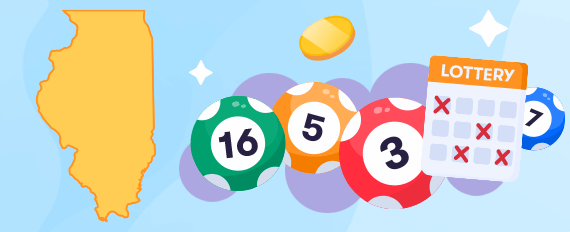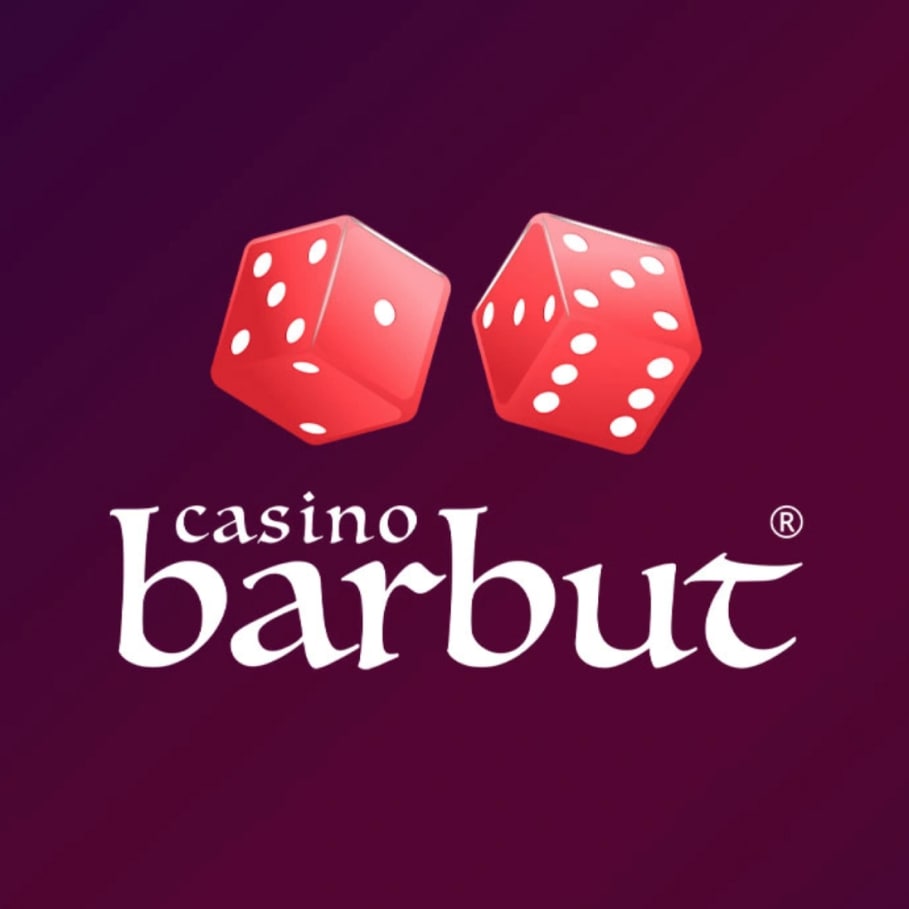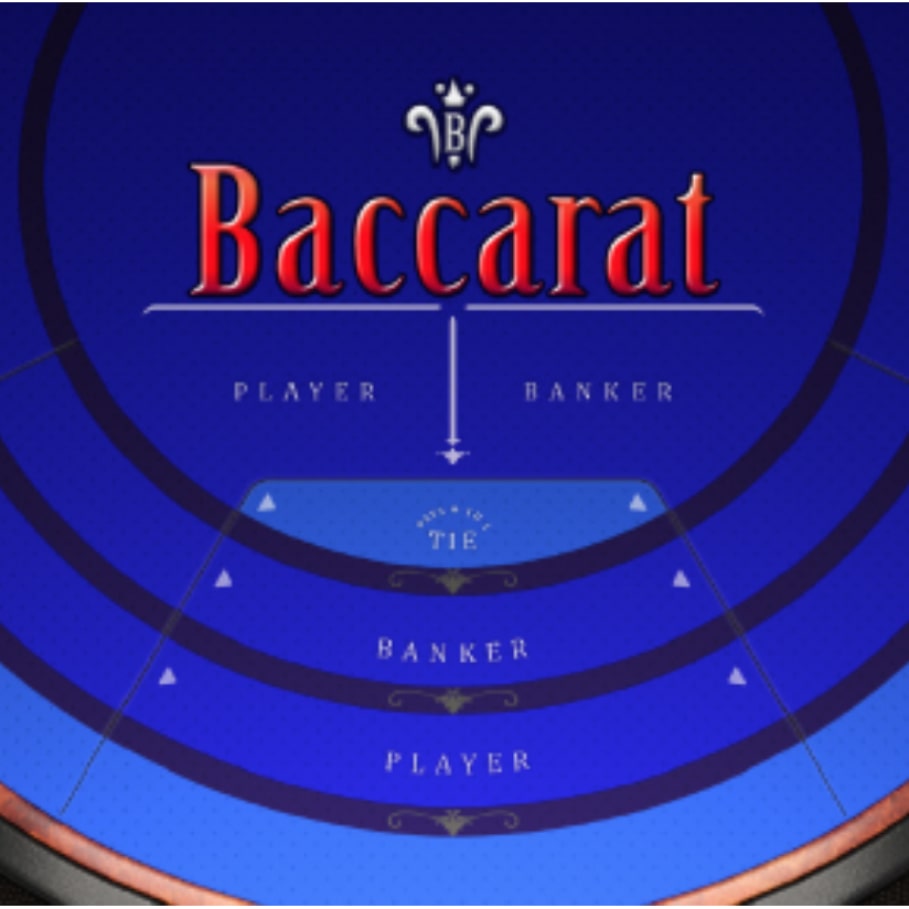Top online gambling sites Ontario 2025

Detailed reviews of all legal casinos in CA, with expert insights into games, safety, perks and the best Canadian casinos and sportsbooks. Written byDasha GoncharovaChecked by Elena I.
This year, Ontario finally opened its virtual borders to welcome online casinos! With so many legal Ontario online gambling sites on the horizon, you may be wondering which are worth your time (and money).
Time2play casino connoisseurs are here to help with thorough reviews and in-depth insights into all things gambling. But first, we’ll cover what’s legal in Ontario, gambling laws, and which casinos our experts recommend.
We have considered several factors while listing the top online gambling sites in Ontario. Many gamblers consider a casino’s or sportsbook’s online game selection as the key factor when choosing Ontario gambling sites. We go beyond this and instead focus on a set of parameters so each gambling site is put under the same scrutiny.
As part of our rating process, we look at many casino and sportsbook features such as online customer service, mobile friendliness, quality of payment methods and overall ease of use. With this in mind, our aim is to bring you the most trusted legal Ontario gambling sites.
Gambling laws in Ontario: What’s legal?
In this section, we will take a close look at what type of gambling is legal and regulated at all new online casinos in Canada. There are different casinos and sportsbooks for different tastes. The best place to start in order to see which casino is best for you is to go through our Ontario online casino reviews. Since real money gambling is involved, we only recommend sites that are licenced within the province and are considered legal.
All regulated online casinos in this province have a range of casino games from several providers. These online casino platforms can be accessed through a variety of devices be it mobile or desktop computers. Both native apps and browser sites are available. Considering that all online gambling in Ontario was launched on the 4th of April 2022, there is already a good deal of betting to be done.
So what about what’s available to play or bet on? Many of the gambling sites available will offer both casino games and sports betting as their staple. Some will also offer poker or bingo. Many forms of gambling are legal in Ontario and in this section, we will take a deep dive into each of them to learn more about what you can find available at Ontario gambling sites.

Online casino sites
Top online casinos in Ontario are licensed by iGaming Ontario (iGO), a subsidiary of the Alcohol and Gaming Commission of Ontario (AGCO). These licences ensure that the casino operates legally and preserves the integrity of fair play. Ontario online casinos also offer a diverse range of payment methods, software providers and the option to play online casino games, like online slots, table games, jackpot slots and more.
Ontario sportsbooks
Ontario sports betting sites must also abide by the laws and regulations in the province and fit similar criteria as Ontario online casinos. Online sports betting is still a new thing in Ontario since it was only launched in April 2022. When looking at Ontario sportsbooks we search for a variety of features such as betting odds, payout percentages, and sports markets as well as pre-match and in-play options. Sports betting sites 
Poker sites in Ontario
You’ll find a decent selection of online casinos in Ontario with a solid poker offer. There are two ways you can play online poker at an Ontario online casino. The first is to launch the online poker site on your device, and then select your game. The other is to visit the operator’s site and download the native app from there, if available. We judge poker sites based on game variety, bet limits, quality and more.
Bingo
Casinos in Ontario seldom offer bingo games, but when they do, we take note. Online bingo at an Ontario online casino is available in several variants, such as 30, 75, 80 or 90-ball bingo. Players also have the option to try Slingo, which is a hybrid of slot online casino games and bingo. When it comes to rating Ontario online casinos by their bingo offer, we consider the game availability, variety, betting options and production quality. Show more
Lotteries
The province of Ontario legalised online lottery in April of 2022. Operators like 888, Rivalry, theScore, PointsBet, Bet365 and FanDuel have all secured licences from iGaming Ontario, the subsidiary of Alcohol and Gaming Commission of Ontario, to offer Ontario lottery games. Lottery games are available in several formats, and can be played directly on the operators’ websites or Ontario online casino mobile apps. 
Horse racing
Even though horse race betting is technically legal at Ontario gambling sites, you will find it hard to find an operator that provides this. The issue is a complicated one as, when the law was about to be drawn up there was pushback from the horse racing industry. We will continue updating this section as more information becomes available. 
Offline gambling
Ontario has 71 online gambling parlours which have more than 31,262 slots and gaming machines, as well as over 900 table games. Regulated by the Alcohol and Gaming Commission of Ontario, these Ontario casino hubs are perfect for players who prefer land-based play. Top gambling destinations in this province include Fallsview Casino, Casino Niagara, Caesars Windsor, Capitals Casino and Shorelines. Show less
A brief history of Ontario gambling laws
Before 1874, all forms of gambling in Canada, including Ontario, were unregulated. All this changed when the federal government amended the Criminal Code to regulate this activity.
In 1925, an amendment made it legal for fairs to hold gambling events. This was the first instance of the law establishing a gambling site in Ontario. But it will take until 1969 for a lottery to become available together with slots and gambling machines.
Then, in 1985 every Canadian province was given jurisdiction over its gambling regulations. The first casinos were opened in Winnipeg and later on in Ontario. Let’s have a look at the history of Ontario gambling laws right to the moment online slots, sports and live casino gaming became available.
 1874
1874
Where it all began
The federal Canadian government regulated all forms of betting as a way to discourage real money gambling on non-sporting events. Any game of chance, including lotteries and card games, was considered gambling.
 1974
1974
Ontario Lottery Corporation Act
It would take around 100 years for the Ontario Lottery Corporation Act to be passed. This corporation would raise funds for public projects, major capital works and cultural programmes within Ontario. By 1999, their 25th Anniversary, the lottery will have raised over c$10 billion.
 1999
1999
The OLG is set up
The Ontario Lottery and Gaming Corporation replaces the Ontario Lottery Corporation. It is fully owned by the Ontario government and oversees the province’s lotteries, casinos and sports betting. However, the OLG does not regulate casinos. This instead is the responsibility of the Alcohol and Gaming Commission of Ontario (AGCO).
Show more 2021-22
2021-22
Online gambling in Ontario
The AGCO launches its subsidiary, iGaming Ontario, to oversee licensing and regulation of online gambling sites. On April 4th, 2022 the government moved to make online casinos legal together with sports betting and poker. Currently, there are 40 online gaming operators registered with AGCO, including 37 online casinos.
Show lessThe federal Canadian government regulated all forms of betting as a way to discourage real money gambling on non-sporting events. Any game of chance, including lotteries and card games, was considered gambling.
It would take around 100 years for the Ontario Lottery Corporation Act to be passed. This corporation would raise funds for public projects, major capital works and cultural programmes within Ontario. By 1999, their 25th Anniversary, the lottery will have raised over c$10 billion.
The Ontario Lottery and Gaming Corporation replaces the Ontario Lottery Corporation. It is fully owned by the Ontario government and oversees the province’s lotteries, casinos and sports betting. However, the OLG does not regulate casinos. This instead is the responsibility of the Alcohol and Gaming Commission of Ontario (AGCO).
The AGCO launches its subsidiary, iGaming Ontario, to oversee licensing and regulation of online gambling sites. On April 4th, 2022 the government moved to make online casinos legal together with sports betting and poker. Currently, there are 40 online gaming operators registered with AGCO, including 37 online casinos.
Online gambling Ontario: Safety
Look for the seal of trust while searching for top Ontario online casinos. You can find this seal at the bottom of the home page of your chosen online casino. Players must also check whether their new Ontario online casino is safe for online transactions. You can do so by checking out the site’s URL. If you see a lock-like symbol there, it means the site is safe thanks to up to date SSL-certificates. This is a technology which encrypts all casino data when it’s transferred between you and the casino.
The best online casinos in Canada also ensure player safety by verifying all their gambler accounts. When withdrawing money, you must submit documents that confirm your identity. Some gambling sites might also ask for proof of funds to make sure you’re not spending more than you are earning. Gambling websites also promote safe and responsible gambling behaviour amongst their community. They will offer tools to help you keep in control of your gambling habits. The best Ontario casinos online (and sportsbooks too) will have a dedicated responsible gambling section you can access complete with these tools and links to sites that can help with problem gambling.
Why you should only play at licensed gambling sites in Ontario
If you’re just starting out, you may be wondering why we’re so adamant about playing at regulated online gambling sites. After all, you may have seen that there are a ton of offshore casinos and sportsbooks available to Canadians. They can’t all be bad, right? Well, the answer isn’t as straightforward as you might think! Yes, unregulated gambling sites will have big bonuses to lure in new players and some of them may also be legit but with no jurisdiction governing their operations, anything can happen on those sites.
In contrast, licensed and regulated operators have to follow online casino gambling laws in Ontario in order to remain operational. This means that there are strict security protocols in place. For instance, any data you provide to the casino, be it personal or banking data is protected. This is not the case with an unlicensed online casino site, and you may find that your data is passed on to unwanted third parties. Some of this may be more of a nuisance – like receiving countless SMSes or emails about a new casino with this 1,000x bonus. But you can also have your personal details seen by more unsavoury characters.
At licensed sites, you are guaranteed a strong support service in place together with solid payment options. These payment methods offer secure and speedy transactions. Processing times are also reasonable so that you will get your payouts in a timely fashion. Regulated sites will also ask you to verify yourself too, so you will have to provide ID to prove you are who you say you are for the KYC protocols. Not so at unlicensed sites. You can trade anonymity for risk on these platforms, including cashouts that never materialise.
Finally, the best real money casino sites will only use online casino games from the best providers. Therefore, you’re going to find high-quality, fair games. These casino games and their providers are regularly audited to ensure game fairness. Unlicensed operators don’t have such obligations. This means that often they use casino games from less reputable providers (which can mean skewed games), tweak RTPs in their favour, or even forego paying out sports bets for various spur-of-the-moment (and often unfair) reasons. If you’re playing unfair casino games, you’re not going to enjoy your gaming experience.

Latest Ontario gambling news
On June 18, 2022, the sports betting industry of Ontario scaled record heights. That day, two events helped this industry bag a record sports handle of $6.3 million. These events were a Hi-5 jackpot wager payout and some superb action on the horse-racing track. June 18’s stakes-filled race card highlighted that the Pepsi North American Cup was once again returning to normality. This event couldn’t take place in 2020 and 2021 due to COVID-19 restrictions.
Meanwhile, Ontario’s AGCO has allowed PokerStars to operate in this province. In June 2022, this regulatory body approved TSG Interactive Canada’s licence application, thereby allowing PokerStars to set up shop in Ontario. There’s more good news for Ontarians who are on the lookout for top games and reputable real money online casinos in Canada. British firm, Push Gaming will expand its footprints in Ontario and beyond. Under the deal, Push Gaming will roll out the Jammin’ Jars series, Fat Bunker, and Asian-inspired slots like Big Bamboo and Nightfall in the state.
FAQs
Can I gamble online in Ontario?
Yes, you can! As long as you are located within Ontario’s borders, you can gamble online. Make sure your online casino gambling website has an online licence from the Alcohol and Gaming Commission of Ontario to guarantee that you’re playing at one of Canada’s quality online casino gaming operators. At the time of writing, players can gamble on slots and table games, poker, horse racing, and a few other online casino games. You can also legally bet on several approved sports. At the time of writing, the legal age of gambling in Ontario is 19.
When looking for a new gambling site to gamble, make sure that the operator complies with Responsible Gambling regulations. A good casino or betting site will be endorsed by ConnexOntario. Check out our top Ontario gambling sites.
Are all online casinos in Ontario safe?
No, only the licensed Ontario online casinos are safe. These gambling sites have received licences from the authorities by satisfying several, strict conditions. For example, these entities must demonstrate their paying capability under all conditions. Secondly, sites aiming for an online licence must encrypt their player data. Encryption means converting plain text into complex characters so your personal info stays hidden. Third, all such sites must have a random number generator. This is a special software that generates completely random results. If an online casino has this program, it means the online casino games are fair. Avoid playing at offshore online casinos. The Ontario government doesn’t recognize these platforms, meaning if you are defrauded you won’t have legal recourse.
How do I fund my online casino account?
Players have a range of options to fund their gambling account when playing at a real money online casino in Canada. These include credit and debit cards, e-wallets, prepaid cards, and bank transfer. E-wallets include PayPal, Skrill, Neteller, and other brands. Prepaid cards are also a great way to control your gambling. These include Visa Prepaid, Mastercard Prepaid, Skrill Prepaid, and others. Players can also transfer funds from their banks to their online casino accounts. Some Ontario-based gambling websites also accept payments through Bitcoin. Keep in mind that not all the best Ontario online casinos online accept all these payment options. Also, always check any associated fees when making payments from a particular payment method.
What are table games in legal Ontario online casinos?
Most top Ontario online casinos will have online slots and table games where you can play online casino games including online roulette, blackjack, and poker. These casino games are popular and a staple at most casinos, backed by industry-leading gambling software. Some casinos also offer live versions of these table games, either straight from the casino floor or from a dedicated studio. These casino games will also include a chat feature to give an extra social aspect, more closely related to land-based casinos. Check out all the different types of casino games you can play at Ontario casinos.
What are slots in Ontario online casinos?
There are thousands of different slots available at Ontario online casinos. A slot is a game which has a grid of reels on different rows with symbols within them. Playing slots is simple, and to win the game, you must land symbols in a winning pattern. If you are a newbie, don’t worry, because many Ontario online casinos explain how to play slots. There are 4 distinct types of slots – video, classic, progressive, and 3-D. Classic slots are the easiest among these four and are marked by fruits, candies, bells, bars as standard symbols. Video slots come with more features and trying out a demo will get you used to the game before spending your money. Progressive slots have ever-increasing prizes, while 3D slots give you a three-dimensional perspective.
Sources
- https://www.connexontario.ca/en-ca/
- https://www.igamingontario.ca/en Stay tuned for the latest news in our next newsletter.
The best online casinos in Ontario 2024. Find and compare regulated Ontario gambling sites with expert reviews, payout tests, live games and more
This site only collects related articles. Viewing the original, please copy and open the following link:Top online gambling sites Ontario 2025

































































































































































































